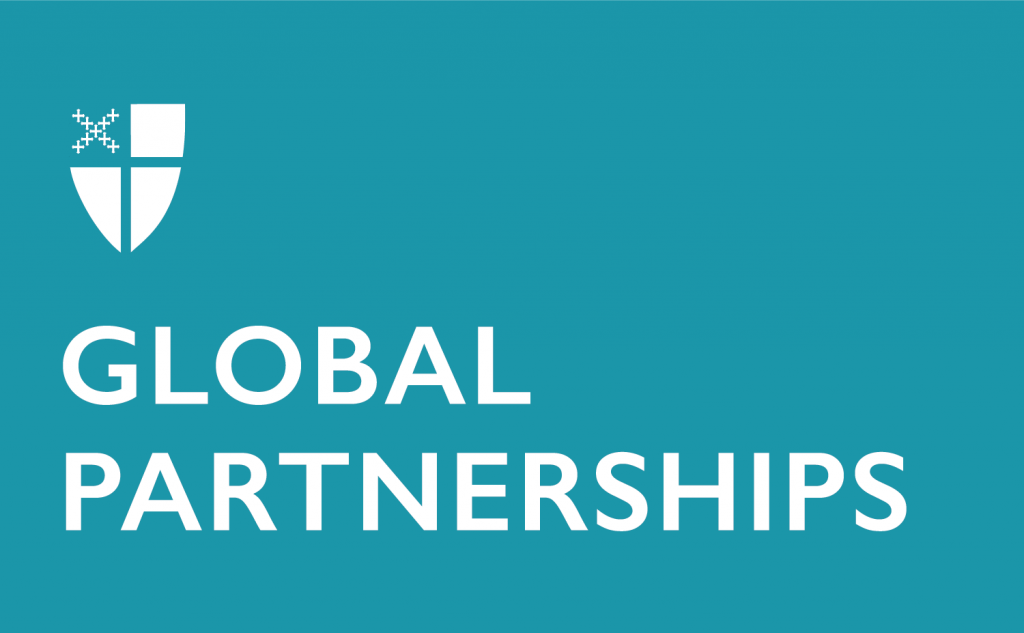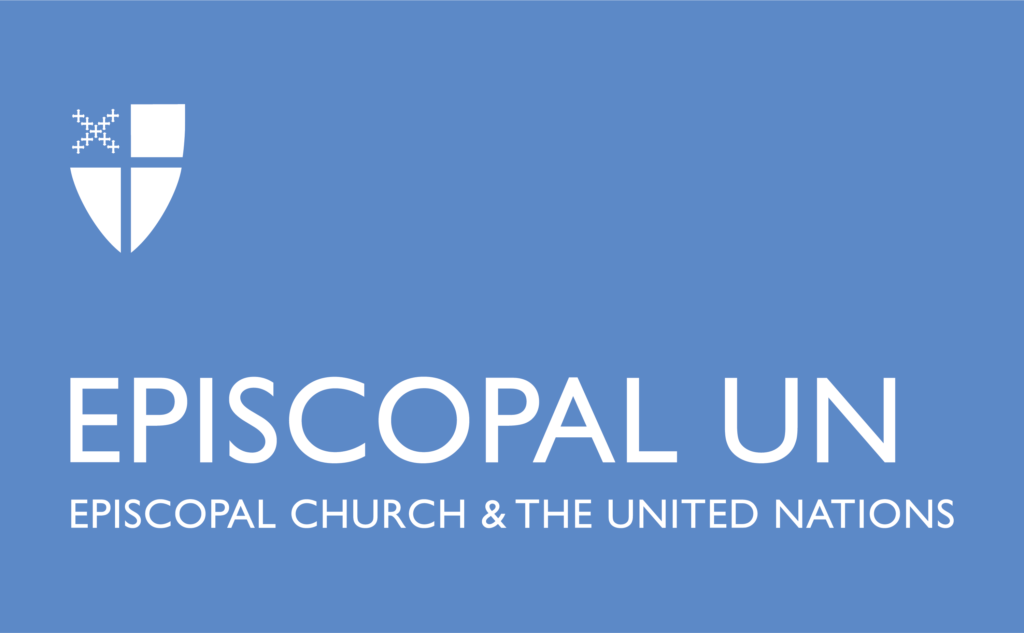At #CSW65: Becoming Digital Citizens
By: Tatiana Hoecker, Diocese of West Texas (Province VII)

The first time I became involved with the United Nations was in high school. My high school hosted a Model UN conference every year and we are all given opportunities to engage. I started by writing articles for the press corps, then became a delegate, then chaired a committee room, and my senior year helped run the conference as a member of the Secretariat. From that point on, I was hooked. I went on to study International Relations in college and then completed a Master’s in International Development. I continued (and continue) to follow, research, and learn more about the UN’s work and policies.
This is my first time attending UNCSW and I am honored to be able to represent the Presiding Bishop and The Episcopal Church. It has been my dream to attend a UN meeting in person at the UN headquarters in New York City. As this year’s conference is virtual due to the pandemic, I have had to adjust my dream slightly. However, I am enjoying being able to jump from Zoom room to Zoom room and absorb all the incredible insights and information happening at UN meetings, side and parallel events.
One of the causes that I am drawn to in this first week at CSW is that of ending gender-based violence online. This may be by design as the priority theme for CSW 65 is “Women’s full and effective participation and decision-making in public life, as well as the elimination of violence, for achieving gender equality and the empowerment of all women and girls.” As we have learned over the past year, and at CSW 65, women have been disproportionately affected by the pandemic in all ways but especially on social media platforms and online.
One of the three priority areas of the Presiding Bishop’s statement to UNCSW 65 states, “Promotes gender equality education and eradicate violence against women and girls.” This includes many elements of the shadow pandemic as well as lists cyber-bullying and online victimization as violence against women. With the rise of social media, legislation globally is trying to catch up to regulate these international companies. We are in uncharted waters and many countries, groups, and individuals are fighting to create safety nets for people, especially women and girls who are victims of online violence.
One event I found interesting was called “Digital Gender Gaps and Opportunities” held by the German Presidency of the Council of Europe Committee of Ministers, the Council of Europe, and the National Council of German Women’s Organizations. The keynote speaker was Seyi Akiwowo, a women’s rights advocate and founder of Gl!tch, a non-profit campaigning organisation to end online abuse. She spoke about the idea that, when taxing tech companies, a portion of that tax should go towards paying for security to the platform’s users, similar to how most bars pay a bouncer to keep those inside safe. She also spoke about how individuals, governments, and tech companies need to be Digital Citizens. As individuals the responsibilities of our digital citizenship include: digital footprint, digital safety, digital literacy, and digital self care. For governments and tech companies, those responsibilities also include enforcing and creating spaces that encompass Digital Citizenship and concentrated safety mechanisms to protect users. Each of us has a social responsibility to be Digital Citizens in our own lives and in the lives of others.
I believe this social responsibility goes beyond online spaces. We agreed in our Baptismal Covenant to serve Christ in all persons, loving our neighbor as ourselves, to strive for justice and peace among all people, and respect the dignity of every human being. In this context being a responsible, caring, and aware digital citizen is a way to live into that Baptismal Covenant.
As part of the Presiding Bishop’s delegation to UNCSW, we honor our baptismal promises and our social responsibility by advocating for protection, policies, and empowerment of women and girls around the world, including online. We are all responsible for each other and we have promised to seek and serve Christ wherever we may be.
About the author: Tatiana Perea Hoecker is from the Diocese of West Texas (Province VII). After completing her Master’s in International Development in Barcelona, Spain, Tatiana worked for the World Mission Department for the Diocese of West Texas before working as a Consultant for Global Partnerships with The Episcopal Church. Tatiana’s interest in the United Nations began in high school when she participated in Model UN and since then has dedicated her studies to advocating for the 2030 Agenda for Sustainable Development. Tatiana has been involved in mission work for the past 13 years in Latin America. She is a Latina from Texas and for the past two years has been involved with the Episcopal Borderland Ministry assisting refugees and asylum-seeking families. Tatiana served as a Presiding Bishop’s delegate to UNCSW 64 in 2020. Tatiana serves as a delegate on the Presiding Bishop’s UNCSW 65 delegation.


